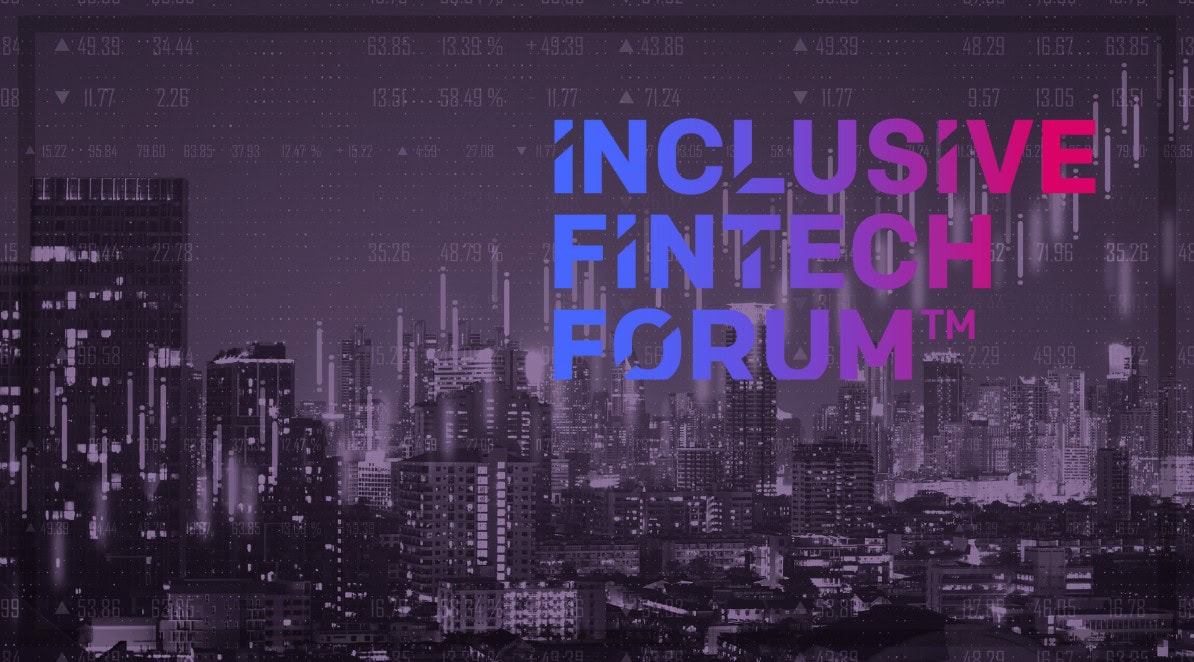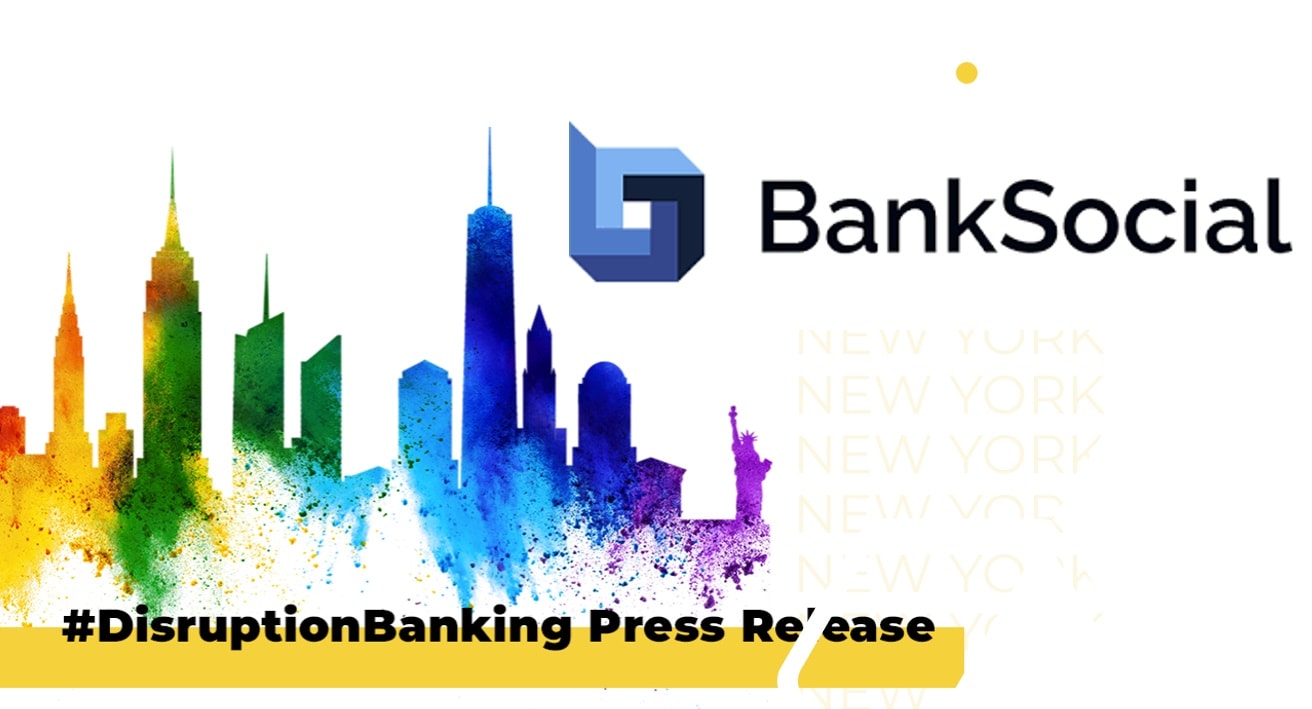As online gaming fraud escalates rapidly, fintech stands strong, deploying cutting-edge solutions to shield players and organizations.
This article delves into “fintech’s role in combating fraud in online gaming” by highlighting its use of AI, machine learning, and robust verification systems to reinforce security and trust in the digital gaming arena.
FinTech stops crooked deals in digital roulette games.
Online roulette lets gamblers duke it out digitally. FinTech shields these games from cheaters. Innovative programs study how folks bet and act. They sniff out weird patterns that might mean foul play.
These genius codes adapt and evolve, spotting even sneaky signs of crookedness. This vigilance keeps things fair for honest players, ensuring a level battlefield.
Crypto tech, like blockchain, bolsters the defenses. Blockchain logs every transactions openly, making it nearly impossible to rig bets or mess with money swaps. You can trace each move and entry, verified forever.
This transparency scares off cheaters and builds trust – players know the matches run squeaky clean. These advancements prove FinTech isn’t just about efficiency; it’s the bouncer keeping scammers out of the virtual casino.
The Growing Threat of Fraud in the Online Gaming Industry

The fraud rate for sports betting, gambling, and betting companies alarmingly climbed to 7.6% in 2023 – an 80% surge from the previous year, notably higher than the average across other industries. So, what deceptive acts are these fraudsters committing?
Typical forms of fraud plaguing the online gaming space include:
- Multiple account creation
- Bonus abuse
- Money laundering
- Account takeovers
- A significant shift towards digital document fraud.
The implications of such fraudulent activities are severe for gaming companies, resulting in substantial financial losses and reputation damage. Online gaming platforms are particularly vulnerable due to their accessibility and cash rewards, making them prime targets.
Countering fraudsters is a complex challenge as the scale and sophistication of their methods grow. Yet, the Fintech industry responds proactively, employing innovative solutions to prevent fraud and secure the online gaming landscape.
Robust Fintech Solutions Tackling Online Gaming Fraud
Fintech (financial technology) innovations driven by AI (Artificial Intelligence) and machine learning have boosted fraud detection in online gaming.
Advanced cybersecurity shields users’ sensitive financial data. Revolutionary solutions are securing the digital gaming landscape to build user trust.
Let’s explore the cutting-edge approaches playing a vital role in this mission.
Biometric Identity Verification Prevents Fraud
Online gaming demands robust identity checks against fraud risks like ID theft. Facial recognition tech matches users’ facial data with ID/profile templates, deterring impersonation.
AI revolutionizes this process by rapidly analyzing user data to predict behaviors, detect anomalies, and enhance ID verification accuracy.
With AI/machine learning advancements, sophisticated biometric systems now underpin fraud prevention.
- AI processes massive user datasets, spotting suspicious patterns
- Machine learning algorithms identify fraud more precisely
- Facial recognition blocks fraudulent ID spoofing attempts
Online gaming websites embrace these technologies. They add biometric verification to strengthen security against frauds. Integrating biometrics with AI lets them monitor and spot shady conduct in real time.
Anti-Money Laundering (AML) and Terrorist Financing Prevention
Fintech significantly helps enforce anti-money laundering (AML) rules on gaming sites. It prevents laundering and terror financing, common issues due to many transactions. Key practices include AML, fraud prevention, and know your customer (KYC) protocols.
A European bank shows these measures combat financial crimes well. With advanced AML and fraud tools, it saw significant gains in:
- Money-laundering control
- Customer support
- Privacy
- Regulatory compliance
Following the stringent AML strategies’ rollout, the bank achieved those improvements.
This case highlights fintech’s powerful impact on AML compliance and fraud prevention for online gaming.
The Double-Edged Sword: High Volume and New Markets
Entering different online gaming markets offers opportunities and obstacles. These new markets enable growth but necessitate conforming to diverse laws. This includes rules about age limits, gambling, and intellectual property protections.
Successfully handling the industry’s high transaction volume demands vigilance. As technology advances quickly, gaming platforms must continuously invest. They need innovative tools and software for security and competitiveness.
Lastly, considering regulatory compliance is vital for fintech companies operating in this field.
Regulatory Compliance and Hefty Penalties
As consumer fintech adoption soared from 33% to 64% between 2017 and 2019, regulatory compliance became more crucial. Compliance builds customer trust, avoids fines, and maintains operational stability – essential for online gaming.
Violating regulations like verification can result in huge fines for gaming providers. It risks reputational damage and financial losses, too. In the U.S., many federal agencies enforce compliance, including:
- FDIC
- OCC
- FRB
- Some prominent institutions that oversee Fintech companies include NCUA
- SEC
- CFTC
- FINRA
- CFPB
- FTC
- FinCEN
- OFAC
Their role involves regulating enterprises within the Fintech sector.
Failure to adhere to regulatory guidelines can result in severe repercussions, underscoring the significance of compliance for Fintech firms.
We shall now examine the collaborative efforts between these companies and online gaming platforms to enhance security measures and mitigate fraud risks.
Collaboration Between Fintech Companies and Online Gaming Platforms

Partnerships forged between Fintech firms and leading iGaming operators have proven instrumental in fortifying online gaming platforms’ security posture and curtailing fraud risks.
For instance, TaskUs’ collaboration with a prominent cryptocurrency exchange has bolstered fraud prevention initiatives and customer support operations, exemplifying the advantages accrued from leveraging Fintech expertise to augment operational security.
Moreover, Sift’s involvement with 75% of the U.S. iGaming market operators underscores the pivotal role of adopting shared detection technologies to combat online fraud. Emerging Fintech solutions catalyze the development of advanced real-time monitoring methods adept at swiftly identifying anomalous patterns indicative of fraudulent activities.
Such collaborative ventures epitomize the transformative impact of Fintech on the online gaming industry. By synergizing their collective expertise, these entities can cultivate a safer and more secure online gaming environment.
Success Stories: Case Studies on Solving Fraud
Various case studies show fintech solutions succeeding against fraud in online gaming. One example is the partnership between AI-driven fraud prevention firm nSure.ai and chargeback automation firm Justt. Together, they offer tailored solutions for high-risk digital gaming transactions and other industries.
Their collaboration allows rapid joint solution implementation for gaming platforms by efficiently integrating technologies and methods. Anti-fraud strategies and tools continually evolve to counter fraudulent acts and ensure secure gaming experiences.
Fraud Prevention’s Online Gaming Future
Going forward, combating online gaming fraud will increasingly rely on integrating predictive analytics, machine learning, and evolving security protocols. State-of-the-art, AI-fueled systems are remarkably precise at sanctioning transactions in the high-risk online gaming environment, like nSure.ai’s solutions.
To confront specific obstacles, iGaming and betting platforms implement specialized instrumentation and automated frameworks from fraud prevention companies like Sift.
Additionally, blockchain technology emerges as a game-changer for enhancing security and transparency across digital gaming platforms’ financial operations industrywide.
















